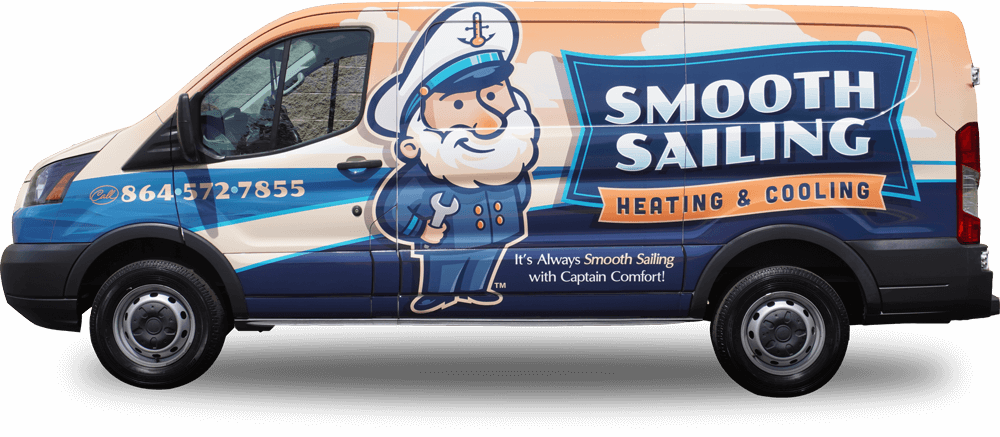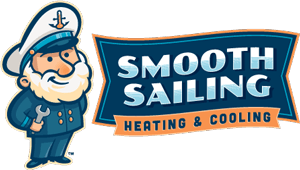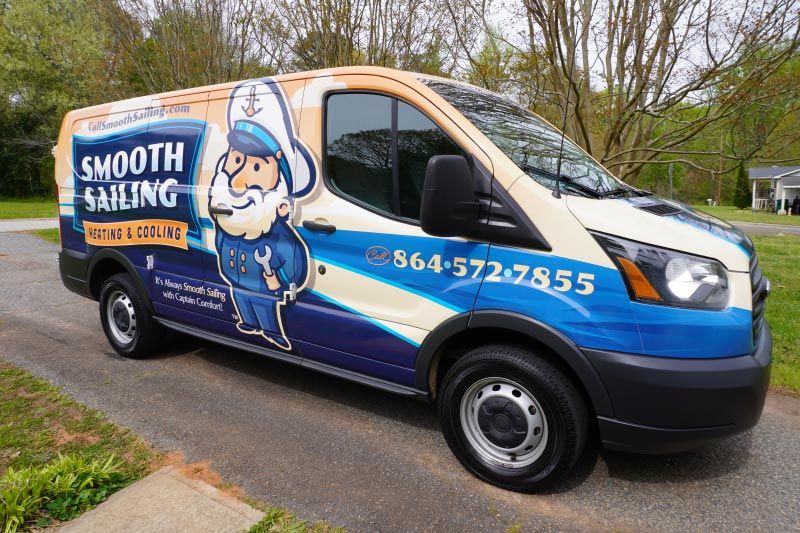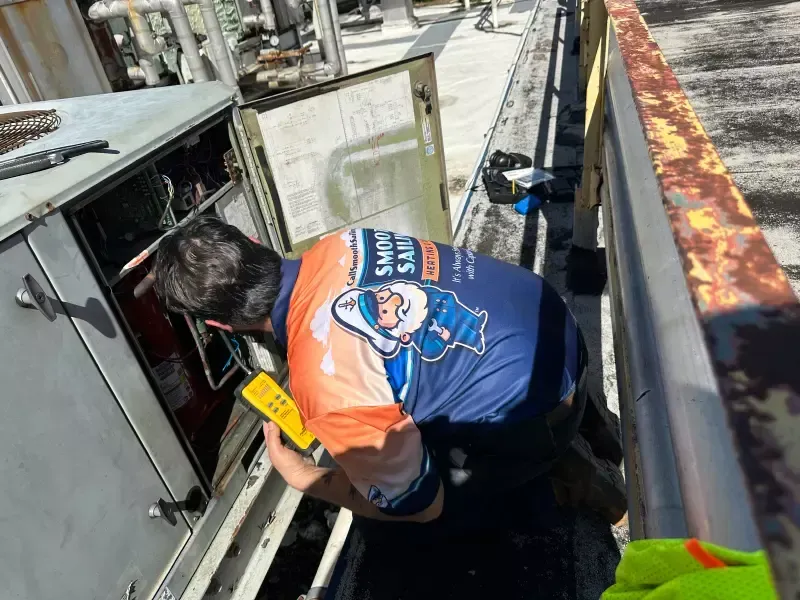#1 for Heat Pump Installation in Boiling Springs, SC With 5-Star Reviews
CONTACT FORM
Get in Contact!
Estimate Form
Contact Information
We are a veteran-owned, father-son team providing high-quality, honest home comfort services. We service most makes and models, so if it heats or cools your home, chances are we’ve worked on it!
Phone
Address
170 Candlenut Ln Boiling Springs, SC 29316
Our Location
Need Help? Contact Us Today!
Get in touch today
To discuss your next project and we will happy to answer any questions and provide you with a no-obligation FREE Estimate.
Here at Smooth Sailing, our mission is to keep your home cozy and your wallet healthy. Contact us today at
864-385-1875 for a free consultation.

How Heat Pumps Work
Nowadays, residential and commercial heat pump installations are all the rage. This is understandable because these ingenious systems bring many benefits to home and business owners, including robust heating and cooling capabilities. At Smooth Sailing, we deploy skilled and qualified technicians to bring these benefits to you.
At first glance, modern heat pump technologies may seem overly complicated, but these systems work on simple principles. Unlike standard air conditioners or furnaces, heat pumps don’t use flames or large amounts of electricity to affect the physical temperatures inside of structures.
Instead, they use compressors, refrigerants, pipes, and other devices to efficiently transfer heat from one place to another. In the winter, heat pump systems transfer warmth from the external environment to the interior of homes and businesses. In the summer, these systems move heat from the inside of buildings to the outdoors.
In both cases, heat pumping units use relatively small amounts of electricity to effectively get the job done.
Choose the Right Kind of Heat Pump for Your Property
There are several basic types of heat pumps, and choosing the right style for your property is a crucial consideration. The three types of heat pumps include ground-, air-, and water-based systems.
Heat Pump Installation Costs Can Be Surprisingly Affordable
Compared to central HVAC systems and furnaces, the costs of heat pump installation can be very competitive. Plus, well-installed and maintained heat pumps can last for well over a decade, making them just as hardy as an everyday heating and cooling system.
For example, installing the cheapest gas furnace can cost consumers an average of $2,000. Putting in a higher-end gas burner may set people back at least $12,000.
Similarly, prices for having central air conditioners installed range between $3,000 and $15,000 on average.
In contrast, people who decide to go with energy-efficient heat pumps can have systems installed in their homes or businesses for as little as $2,000 for air units.
Geothermal systems, which require more outside infrastructure, can still be had for as little as $6,000. With these types of competitive installation costs, along with the energy savings that they bring, heat pump systems take the cake when it comes to protecting consumers’ wallets.
The Many Benefits of Heat Pumps
Compared to traditional heating or cooling systems, our heat pumps can deliver many benefits to people who choose to install them. These include:
Call today for furnace repair service.
How to Keep Your Heat Pump System in Top Shape
While heat pumps can be robust, people who install them in their homes or businesses can take measures to keep their systems in the best possible shape.
One way to accomplish this task is with preventative maintenance. This works on the principle that it’s easier to deal with minor problems than large ones. Preventative maintenance programs involve periodic inspections of major system components. These may include refrigerants, condensers, evaporators, compressors, ducts, and more.
Our Smooth Sailing professional inspectors conduct these heat pump system inspections. They have years of training and experience in identifying and rectifying minor issues, thus keeping residential and commercial systems optimal.
In addition to these professionally conducted maintenance checks, the owners of heat pumps should keep an eye out for common signs of wear and tear. These may include:
Drainage problems
Blowing cold air in the winter
Blowing hot air in the summer
Thermostat issues
System activation or deactivation issues
System cycling issues
Finding Heat Pump Installers Near Me
If you’re in the market for a heat pump in the local area, our Smooth Sailing installers can efficiently deliver the results that you want. We’ll survey your property to determine the most suitable model for your needs. We can get rid of outdated systems as part of the installation process and even tie into existing climate control infrastructure if possible. Plus, we can help you maintain your system well into the future.
Start enjoying cutting-edge climate control today and enjoy the overall home improvement benefits that come with our systems. Contact us at Smooth Sailing now for a free consultation.
CHECK OUT THE OTHER HVAC SERVICES WE PROVIDE IN Boiling Springs SC
Click on the services below to see how Smooth Sailing Heating & Cooling can keep your home Comfortable.
or call us at:








